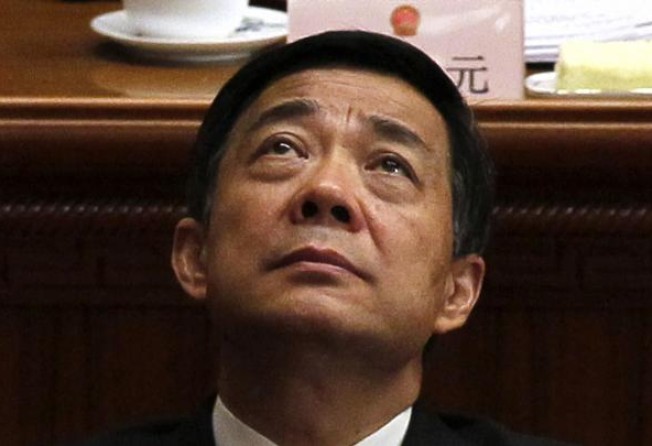
Bo Xilai story reads like a violent mafia blood feud
Two new books give great insight into the way senior Chinese officials do business and politics in the dynastic corridors of power on the mainland

Sex (probably), spies (possibly), fast cars (allegedly), power politics (undoubtedly) and a grisly murder (no question); the Bo Xilai case had it all.
So it's hardly surprising that journalists who covered the story for the international media have been rushing to publish books on the affair.
By the end of last year both Jamil Anderlini, Beijing bureau chief for the Financial Times , and John Garnaut, China correspondent for the Sydney Morning Herald, had managed to get accounts into print.
Their books make fascinating reading, not so much for their descriptions of the murder of unfortunate British business man Neil Heywood, which has been well hashed over in the media, but for what they reveal about how senior Chinese officials conduct their business and political affairs.
Inevitably the two books cover much of the same ground. But whereas Anderlini's The Bo Xilai Scandal: Power, Death and Politics in China begins with the poisoning of Heywood - a slightly sad Walter Mitty-like figure - in a shabby Chongqing hotel room, Garnaut accords Heywood only a walk-on part.
Instead, in The Rise and Fall of the House of Bo Garnaut focuses on Bo the politician and princeling, and delves into the backstory of dynastic alliances and rivalries that both shaped his rise within the Communist Party and determined his fall.
The court intrigues he describes are worthy of a medieval baronry, or perhaps a blood feud among powerful mafia families.
For example, he recounts how the Red Guards who arrested Bo's father, vice-premier and former People's Liberation Army commander Bo Yibo, during the Cultural Revolution were geology students from the institute where postgraduate researcher Wen Jiabao "was actively involved in campus politics".
"It is not known whether Premier Wen personally played a role in Bo Yibo's 'struggle' sessions," Garnaut writes. Nevertheless, in the 1980s a rehabilitated Bo Yibo did his best to kill Wen's career, while in turn Wen is credited with blocking the younger Bo's ascent to the all-powerful Politburo Standing Committee in 2007.
The insights into officials' business dealings are equally telling. Both authors describe how when Bo was party boss of Dalian his wife bought a giant helium balloon for the city from a British company, insisting on overpaying massively. The idea was that the extra cash - Dalian official funds - would finance their son's fees at an expensive English private school.
Similarly, both authors portray Bo's crackdown on organised crime while running Chongqing as little more than a campaign to seize control of the municipality's most lucrative businesses for his cronies.
And both argue Bo's fall from grace began when his rapaciousness started to threaten the local economic interest of other senior Communist Party power-brokers. It was as much a case as thieves falling out as anything.
Not surprisingly with books rushed into print so quickly both have errors (Garnaut's describes the 94-year-old Bo Yibo as an "ageing worrier"). But don't let that put you off. A few slip-ups don't detract from the valuable insight they give into the inner workings of Chinese politics.
Save your pennies
Monday's column, which noted that "the average Hong Kong family would have to put aside every penny it earned for almost 13 years to save enough to buy a typical flat in the city" was written before Demographia's annual survey of housing affordability was published yesterday morning.

According to Wendell Cox at Demographia that's roughly twice as long as the average family in Singapore would have to save.
By this multiple, Hong Kong is by far the world's most expensive housing market. As the chart shows, prices here easily outstrip those in other major financial centres, including London and New York.
However, families frustrated at not being able to get on to the property ladder can always move to Detroit, where at US$75,700 the typical house is priced at a modest 1.5 years of the median local income.